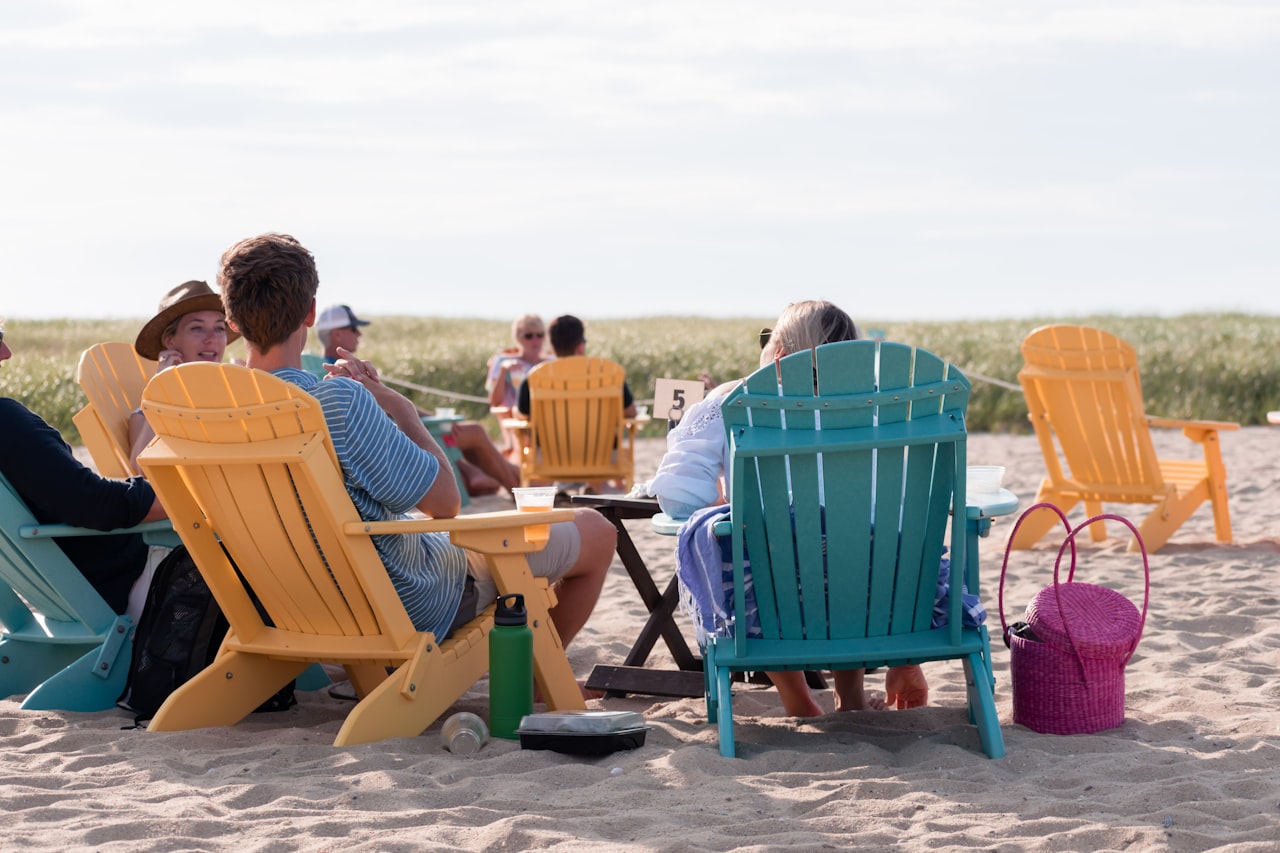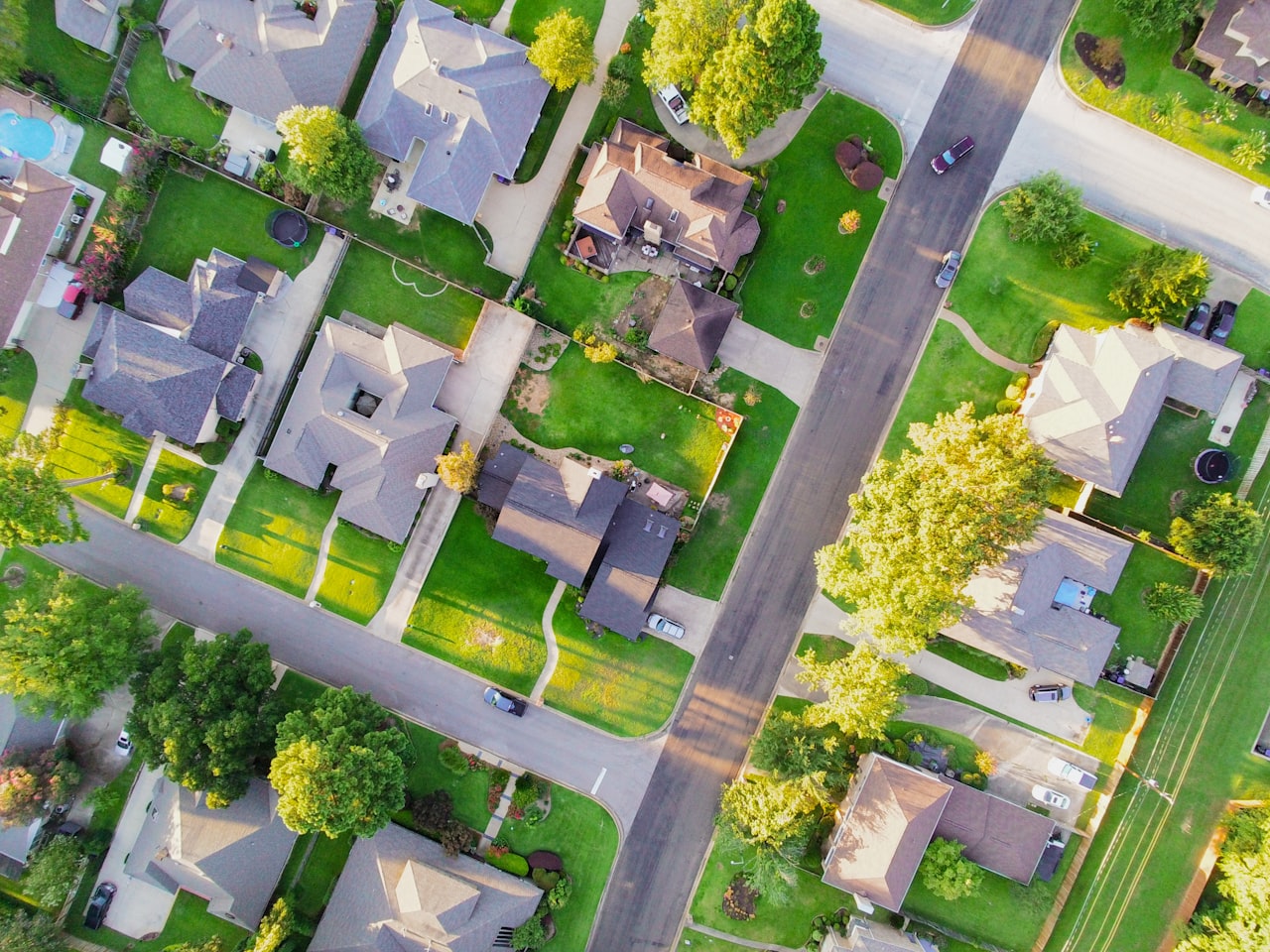With storms and other natural disasters on the rise, Cape Cod homeowners are increasingly vulnerable to unexpected damage. Whether it’s a nor’easter, hurricane, or another intense event, being prepared for the aftermath can help protect your property and ensure a smooth recovery.
First Steps: Secure, Document, and Prepare for Insurance Claims
Once the immediate threat has passed, the first step is to secure your property. Address any urgent repairs, such as placing a tarp over a damaged roof to prevent further damage, as this may impact what your insurance will cover. Capture the state of your property with photos and videos of the damage. Keep damaged items until they can be inspected, and save receipts for any expenses as insurance typically covers these.
Be cautious when hiring contractors to help with repairs. Look for licensed, bonded professionals with solid references, and avoid contractors who ask for large upfront payments or make rushed estimates. Paying only upon completion of the work is often safest to avoid being taken advantage of by unreliable contractors.
Navigating Your Insurance Claim
Once your property is secured, promptly contact your insurance company to begin your claim. While insurance companies may be inundated after a disaster, having a detailed list of damaged items and copies of receipts will help move things along. If the claim process stalls, you can reach out to your state insurance department or consider hiring a private adjuster, who can advocate on your behalf for a portion of the insurance payout.
Financial Relief and Loan Forbearance
If your property is uninhabitable, reach out to your mortgage servicer. They may offer a forbearance period, allowing temporary payment relief for three months or more. During forbearance, no missed payments are reported to credit bureaus, but keep in mind that payments will need to be made up later. For longer-term recovery, federal agencies like FEMA and HUD may provide grants and other forms of assistance, particularly if you’re in a federally declared disaster area. These resources can be valuable in restoring your property and easing the financial burden during repairs.
For Cape Cod homeowners, taking these steps after a disaster can help you recover quickly and effectively, safeguarding your home and finances.

































































































